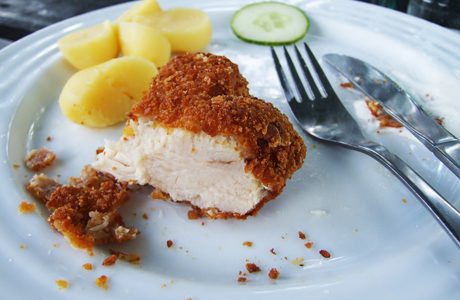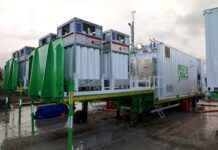
The amount of organic waste processed by Scotland’s anaerobic digestion (AD) and composting sector grew by an extra 30,000 tonnes in 2014, a new report from Zero Waste Scotland published on 28 July 2016 has revealed.
This shows the effect of the Waste (Scotland) Regulations which require food businesses and local authorities (in non-rural areas) to separate their food waste for recycling from 1 January 2014. From 1 January 2021 organic waste will be banned from landfill under the regulations.
Local authorities were found to be the main source of feedstock to both AD and composting sites, an indication of the impact of continued growth of food waste collections, with three quarters of Scottish households now receiving this service.
Iain Gulland, Chief Executive of Zero Waste Scotland, said:
“It’s encouraging to see the organics sector thriving in Scotland as we start to see the impact of the new regulations and our continued work to transition Scotland to a more circular economy, where materials are kept in high value use for as long as possible.
“Organic waste can be hugely harmful when sent to landfill, which is why we’re working with businesses and the public to support the Scottish Government target of reducing food waste by 33% by 2025. But of course some organic waste is unavoidable, so it’s great to see an increase in the volume getting put to good use, generating a renewable energy and rich fertiliser to feed our soil.”
The report also found an increase in the number of PAS 100 certified plants, from 22 plants in 2013 to 25 plants in 2014. PAS 100 is the British Composting Association’s industry quality standards and is certified by the British Standards Institution.
The full report, A survey of the organics reprocessing industry in Scotland in 2014 can be downloaded at www.zerowastescotland.org.uk/content/organics-reprocessing-industry-survey-2014-0.







